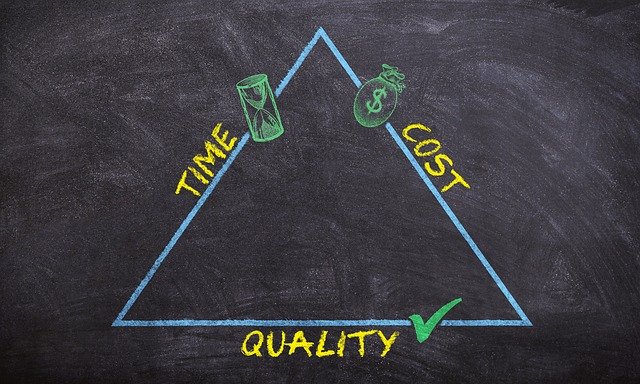On the off chance that there’s anything that can get an undertake director’s standing into the ground in a rush, it’s authoritative issues with vendors. We’ve seen a couple of untidy issues often, and we don’t wish this on anybody. Luckily there are things you can do toward the front to guarantee it doesn’t occur to you.
Follow these tips to ensure better vendor management during your projects.
1. Get the agreement directly from the very beginning
The most major thing is to get the agreement directly at the start as it is hard to ‘column back’ from an agreement that isn’t developed to meet your business needs. The agreement needs to mirror the business/administration results you’re searching for, so these results can be base lined and persistently estimated.
2. Build up a Plan
It’s critical to not simply depend on the agreement’s substance and set up an arrangement for dealing with the on-going commitment. Ensure that there are clear jobs, characterized obligations, and interfaces set up on the two sides.
We suggest that you build up a concurred supporting terms of reference concerning how the relationship will be administered. It is a ‘living’ report that is consistently inspected and stayed up with the latest.
3. Significant Reporting
Ensure that you recognize the reports needed to screen the outside vendors’ performance on an occasional premise. It is key that reports are archived, enumerating what they are to be utilized for and how they are to be made. There should be no vagueness, as you often see outsiders being requested a report, yet it not being made as mentioned because of misconceptions and error.
You can always check out the latest Vendor Management Platform online for more assistance.
4. Complete Regular Audits
Don’t simply depend on the data that the outsider is giving; ensure you are performing due ingenuity. Arranging and booking normal reviews will help guarantee that you have clear targets for what you are hoping to accomplish and that any outcomes are unbiased and equivalent.
It permits you to make the correct inferences instead of settling on choices dependent on assessment and assumption.
5. Continuous Performance Monitoring
The compelling vendor, the board, requires progressing checking methods to ensure that the merchant keeps on gathering assumptions. It’s imperative to ensure that you have significant estimates characterized that you can use to screen merchant execution.
Having techniques accessible and set up to give the balanced governance important to deal with your outsider seller is significant.
6. Oversee Changes and Risks
A critical piece of your merchant supervisory group’s job is to know about the dangers of outsider seller rethinking and how they should be overseen and alleviated.
It’s imperative to consider the sorts of information that is available by the outsider to decide the danger levels related to the merchant. During the existence of an outsider reevaluate the contract, unavoidably, things will change.
7. Plan for The Worst
Don’t assume that the engagement will be a success! You wouldn’t have decided to outsource to a third-party vendor if you weren’t expecting it to be a success; however, you need to be resilient and have an exit plan.
Circumstances do change on both sides, and sometimes things don’t work out as expected.


